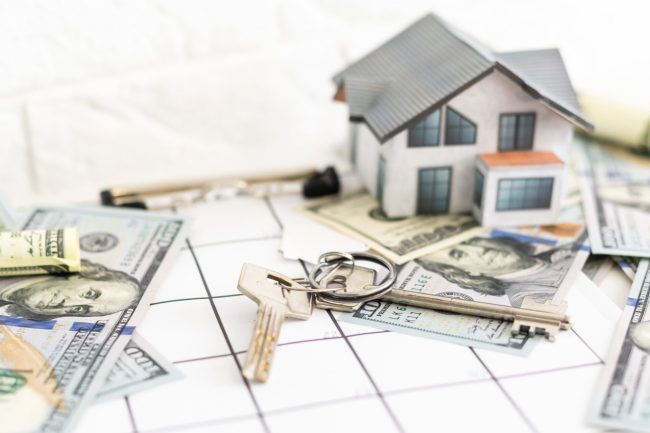Owning a home is a dream for many. However, owning a property comes with its fair share of financial responsibilities. Managing home costs requires careful planning and budgeting so you’re prepared to handle routine maintenance tasks and unexpected repairs. Here are essential tips to help you navigate home expenses better while keeping your budget intact.
1. Investing Wisely in Protection
Your roof is your first defense against the elements, so investing in maintenance and replacement is crucial. Regular inspections and promptly addressing minor issues can extend your roof’s lifespan. However, when replacement becomes necessary, consider it an investment in protecting your home’s structural integrity. According to Bob Vila, the average homeowner pays over $9,000 for roof replacement services. A healthy roof safeguards your home and prevents more significant expenses.
Research reputable roofing contractors, obtain multiple quotes, and choose quality materials that suit your budget. Opt for energy-efficient roofing materials that will help you save on heating and cooling costs, making it a long-term cost-saving decision. Remember, a durable roof contributes to your home’s resale value and offers peace of mind during storms and adverse weather conditions.
2. Optimizing Waste Management
Efficient waste management contributes to a clean environment and affects your home expenses. Take advantage of local waste disposal and management programs to avoid letting your property become overrun with waste. According to the American Communities Project, around 50% of Americans have access to curbside pickup for waste disposal. These programs are helpful when seeking a reliable and affordable disposal routine for your home waste. Additionally, you can invest in reusable alternatives, such as cloth bags and containers, to reduce waste and save money over time.
3. Balancing Durability and Cost
When considering home improvements, your driveway might not be the first thing that comes to mind. However, a well-maintained driveway enhances your home’s curb appeal and functionality. To balance durability and cost, assess the condition of your driveway and determine whether repairs or replacements are necessary.
To minimize maintenance costs in the long run, go for a durable material like concrete, which can withstand intensive pressure for a long time. According to MoneyPit, the average lifespan for a concrete driveway can be between 20 to 50 years. Making the change from asphalt can translate into long-term savings. Ensure you hire professionals to seal the driveway to protect it from the elements, further prolonging its use.
4. Shielding Your Budget from Surprises
Establishing an emergency fund can be vital to your financial strategy. Set aside three to six months’ living expenses to cover unexpected repairs or emergencies. This safety net shields your budget from sudden financial stress and allows you to address home-related issues without jeopardizing your financial stability.
Consider automating contributions to your emergency fund to ensure consistent savings. As you understand your home’s needs, adjust your emergency fund to reflect potential home maintenance and repair costs. Your emergency fund is a buffer against the unexpected, giving you greater control over your finances and home security.
5. Preventing Costly Repairs Through Regular Maintenance
Routine maintenance is your secret weapon against costly repairs. Create a maintenance schedule that includes tasks such as HVAC servicing, gutter cleaning, and plumbing checks. This regular upkeep prevents minor issues from escalating into major problems that drain your finances. Taking proactive care of your home maintains its good condition and preserves its value.
You can set reminders, create a checklist, and allocate funds in your budget for routine maintenance to ensure your home remains in optimal condition. Collaborate with professionals to conduct annual inspections, addressing potential concerns before they become expensive headaches. Dedicating time and resources to regular maintenance can save money and ensure your home remains comfortable and secure.
As a homeowner, managing your budget while addressing home costs is a delicate balancing act. By investing wisely in recurrent expenses and prioritizing regular maintenance, you can confidently navigate homeownership’s financial aspects. Incorporate these strategies into your budgeting approach to ensure your home remains a haven of comfort and security for years.






